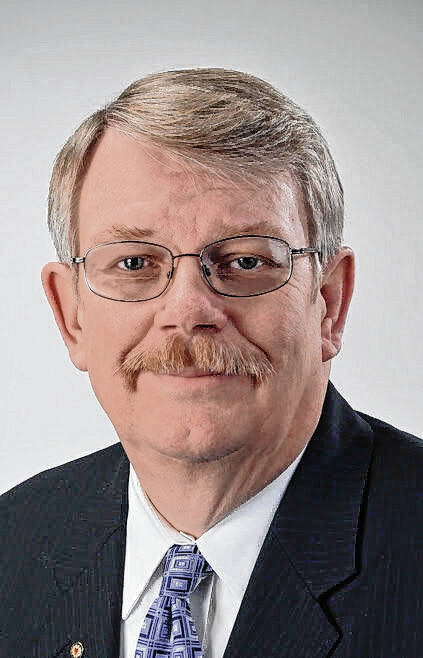Arthur Bryant: I miss the richness and clarity of our language. If you avoid argument and offense you never develop conversational skills.
John May: That’s why you never stop talking.
Arthur Bryant: I’ll be happy to discuss that with you.
The dialog above, quoted from one of the weirdest fictional series ever written, sums up my disappointment with our current state of discourse in this brave new world. “The interlocutors,” British police detectives in the Peculiar Crime Unit novels by Christopher Fowler, are octogenarians but refuse to retire just so they can continue irritating their political masters. While I insist I have nothing in common with Arthur Bryant, he and I tend to look at the world askance and neither likes what he sees.
Arthur is just plain weird but he has a way of asking why the emperor is wearing no clothes. And he sorely misses the past, in his case a London of centuries past. My medievalist soul gets that.
As one reads Fowler’s books, and I swear each time never to pick up another but there you go, you get attached to Arthur as a mix between a quirkily senile grandfather and a utterly demented uncle. One never knows which detour his mind will take but his colleagues do their best to keep up. Often there is wisdom there, wisdom offered in a kindly if curmudgeonly way.
He asks questions no one else would have asked. His team must put the brakes on their opinions to think along new lines.
How often does that happen these days? When was the last time you were part of a conversation that was more than unsupported opinions? One delving deeper and deeper into the topic rather than flitting from one judgmental soundbite to the next? One that consisted more of questions than answers?
Does anyone actually think before they talk anymore?
I find myself as guilty of this as everyone else. I fear my intellect has become both slothful and slovenly. I’m not sure I have the desire or energy to act as if there are adults in the room; it is much easier to make pronouncements than to query the depths of existential issues. Is there a goal to our discourse or are we just trying to beat some metaphysical 30-second shot clock?
In this case as in nearly all others, I look to the past, Arthur Bryant style, to clarify the present. I read Socrates as an undergraduate, or perhaps more accurately read Plato channeling Socrates, and I remember more of his style than his actual philosophy. It went beyond mere question and answer; its goal was to force a student to think ever more deeply about a proposition, to the point of discovering its inconsistency or fallacy.
Socrates knew what he was doing in his method of teaching, one that carries his name to this day.
I stand condemned for my un-Socratic behavior but throw myself on the mercy of the court, if only I could find a court worthy of Socrates (but keep the hemlock, please).
And I can dream of reliving my undergraduate days when we sat around much of the night debating whatever serious or nonsensical issue someone proposed. Sure, there were adult malt beverages involved but I can absolutely assure you that these beverages stimulated the intellectual processes to incisive highs. Well, at least that is my memory of those nights.
Socrates no doubt would have been appalled at our defective application of his method, but we did try. There was no shouting and no leaving mad, and we looked forward to getting back together next time to solve the next list of world problems. Politics, philosophy, economics, theology — every discipline was in our rhetorical toolkits to be used without apology.
I can’t go back there, as much as I would like to, but I can attempt to reprise the best of those heady times in my own conversational life.
I am writing this on Ash Wednesday so I will offer a personal sacrifice. For the rest of Lent, I will minimize declaratory sentences and maximize interrogatory ones. And I will listen carefully to what I hear and focus on formulating the next question rather than a rebuttal.
This will be more God-pleasing than giving up some minor corporeal pleasure or venial sin, which typically just hibernates for 40 days and then comes roaring back to make up for lost time.
My mantra will be: Ask, don’t answer. We’ll see how that goes. Those 40 days of Lent is a long time but then repetition is always the best teaching method. It is the only way to learn new habits, even at my age.
Do I have any chance of success? (Note I concluded this column with a question, so that’s a start.)
Mark Franke, M.B.A., an adjunct scholar of the Indiana Policy Review and its book reviewer, is formerly an associate vice-chancellor at Indiana University-Purdue University Fort Wayne.





